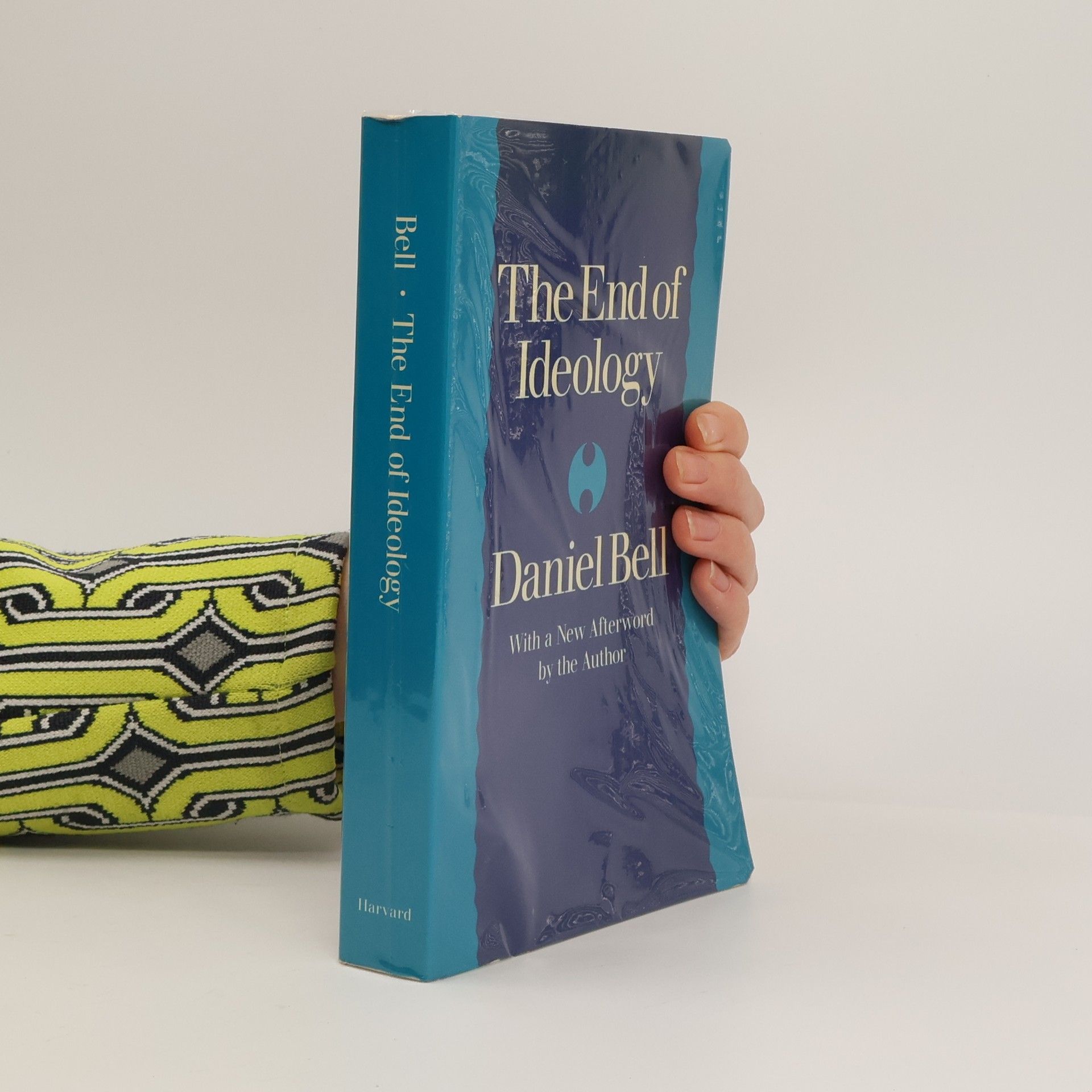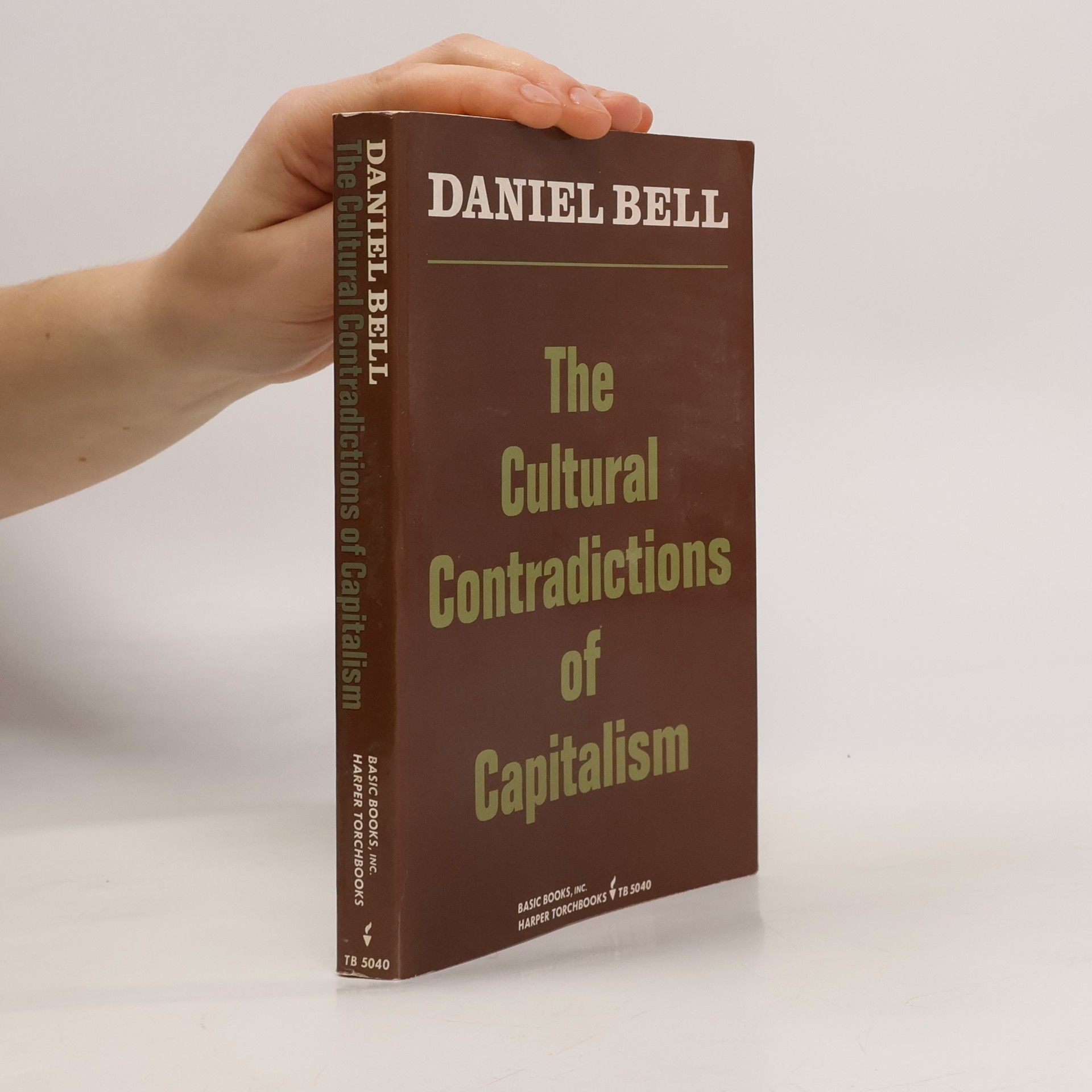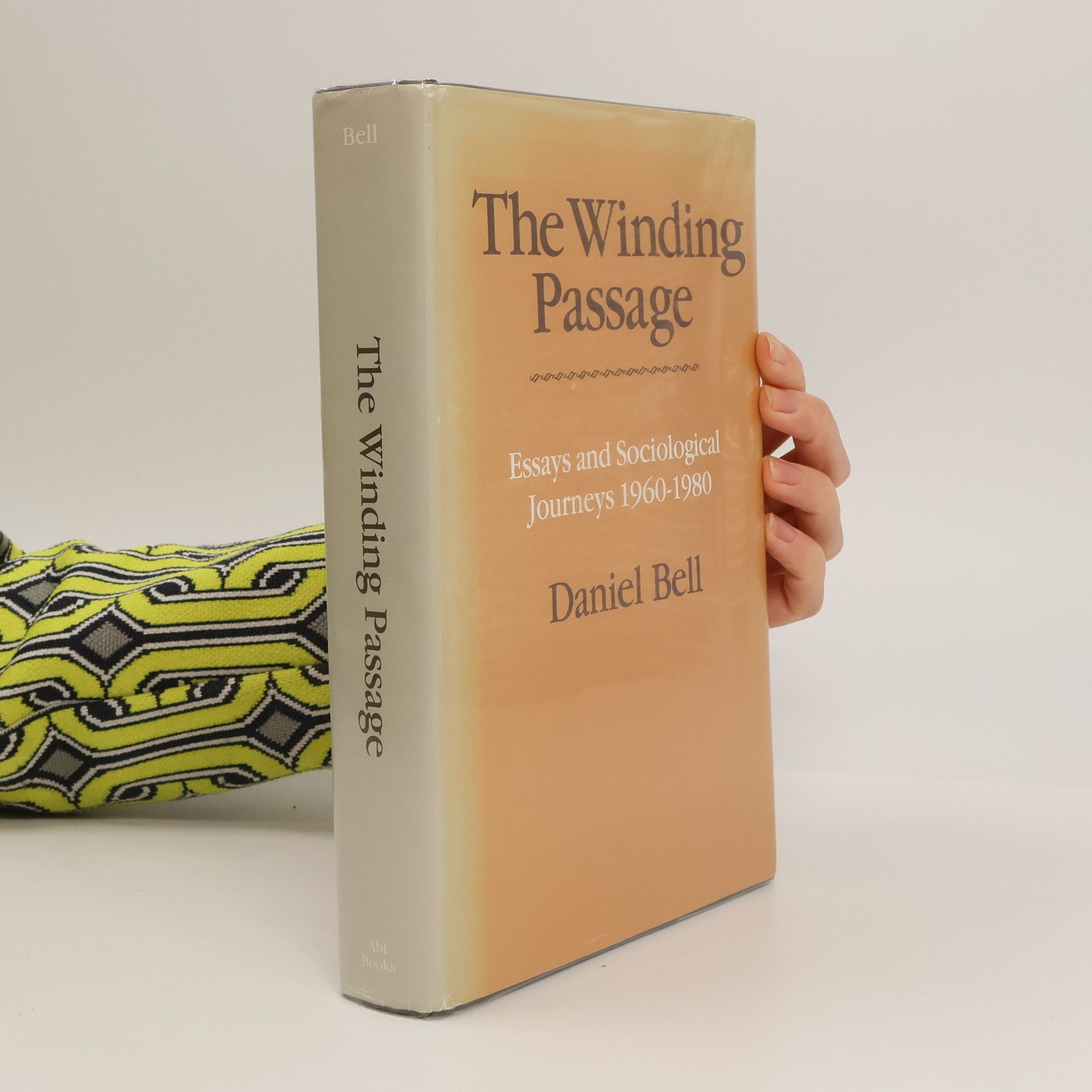Liberation Theology after the End of History
The refusal to cease suffering
- 224 pages
- 8 hours of reading
Focusing on the interplay between Christian resistance and capitalism in Latin America, this work delves into the theological debates shaped by this dynamic. Employing postmodern critical theory from Deleuze and Foucault, it examines capitalism's influence on human desire and the Church's response. The book offers a comprehensive analysis of the evolution, challenges, and potential future of liberation theology in the region, marking it as a significant contribution to the understanding of its rise and decline.







